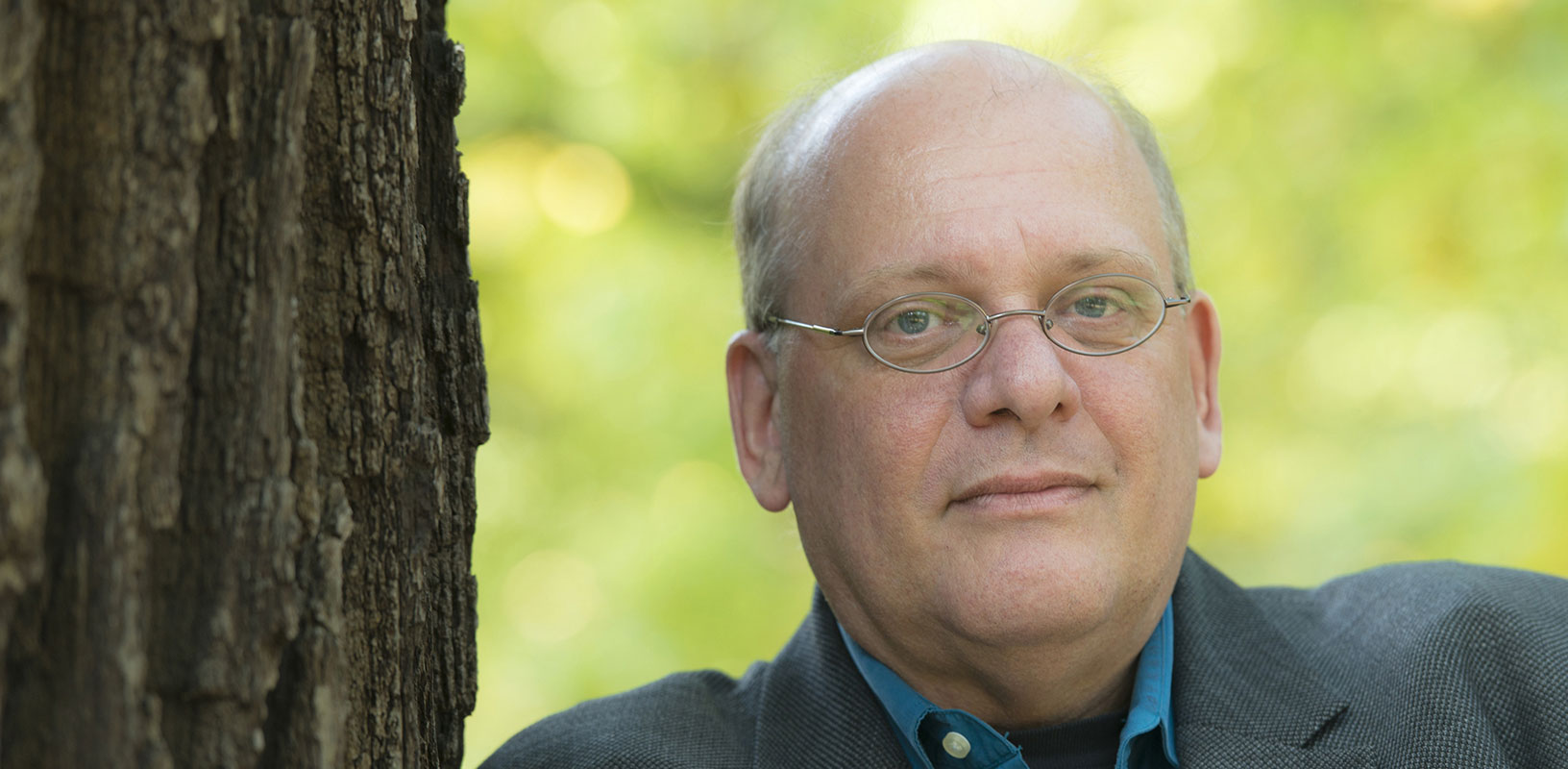Detlev Glanert: new Cello Concerto toured by Johannes Moser

Cellist Johannes Moser gives the premiere of Detlev Glanert’s new concerto in Luxembourg on 19 January, followed by performances in Cologne and Toronto. The first half of 2024 also sees Glanert’s opera The Jewish woman of Toledo unveiled in Dresden and a new percussion concerto for Christoph Sietzen.
Detlev Glanert continues to be active on the concert platform as well as in the opera house, with his newest orchestral score being a Cello Concerto for Johannes Moser. The world premiere on 19 January takes place at the Philharmonie in Luxembourg with Moser joined by the Luxembourg Philharmonic under the baton of Gustavo Gimeno. The German premiere is given two days later by the same forces at the Philharmonie in Cologne.
The new 30-minute concerto, composed in 2022, was commissioned by Elizabeth und Justus Schlichting and co-commissioned by the Luxembourg Philharmonic, the Cologne Philharmonie (KölnMusik) and Toronto Symphony Orchestra. Following the European performances Moser travels with the concerto to Canada for its North American premiere on 27 March in Toronto conducted by Osmo Vänskä.
The composer describes how “the concerto runs continuously but is subdivided into three sections. The opening movement starts in the dark and there is a confrontation always between soloist and orchestra. Later on, the cello has a very light melody, almost dreaming, but the rhythmic conflicts return and the movement ends back in the darkness. This is followed by a monstrous quick Waltz, a self-destroying machine, building to an explosion. The third movement is an Adagio offering brighter, more optimistic worlds, even if the dark threatens to return. In very broad terms you could say the three movements have to do with faith, love and hope, viewed both in positive and negative terms.
“Solo cello is always one of the hardest solo instruments to balance with orchestra, especially because of its central register being in the bass region, so I’ve tried to pare back the orchestra as much as possible when the soloist is playing on C and G strings. I’m using a middle-sized orchestra, with triple woodwind only, not too much brass, percussion, harp, celesta and strings. Dvorák’s Cello Concerto remains the masterpiece that acts as a model in terms of careful balancing.”
The world premiere of Glanert’s latest opera, The Jewish woman of Toledo, based on Franz Grillparzer’s classic theatre play, opens at the Semperoper in Dresden on 10 February. The six performances are directed by Robert Carsen, who staged Glanert’s opera Oceane to acclaim in Berlin, and are conducted by Jonathan Darlington, with Christoph Pohl and Heidi Stober in the lead roles of the Spanish King Alfonso VIII and his Jewish beloved Rahel.
Glanert’s new percussion concerto for Christoph Sietzen highlights tuned keyboard instruments including vibraphone, marimbaphone and glockenspiel. The world premiere with the Arctic Philharmonic in Bodø, Norway on 24 May will be followed by performances in Barcelona and Frankfurt in future seasons, all with Sietzen as soloist.
> Más información sobre la obra: Konzert für Violoncello und Orchester
Photo: Bettina Stöss
